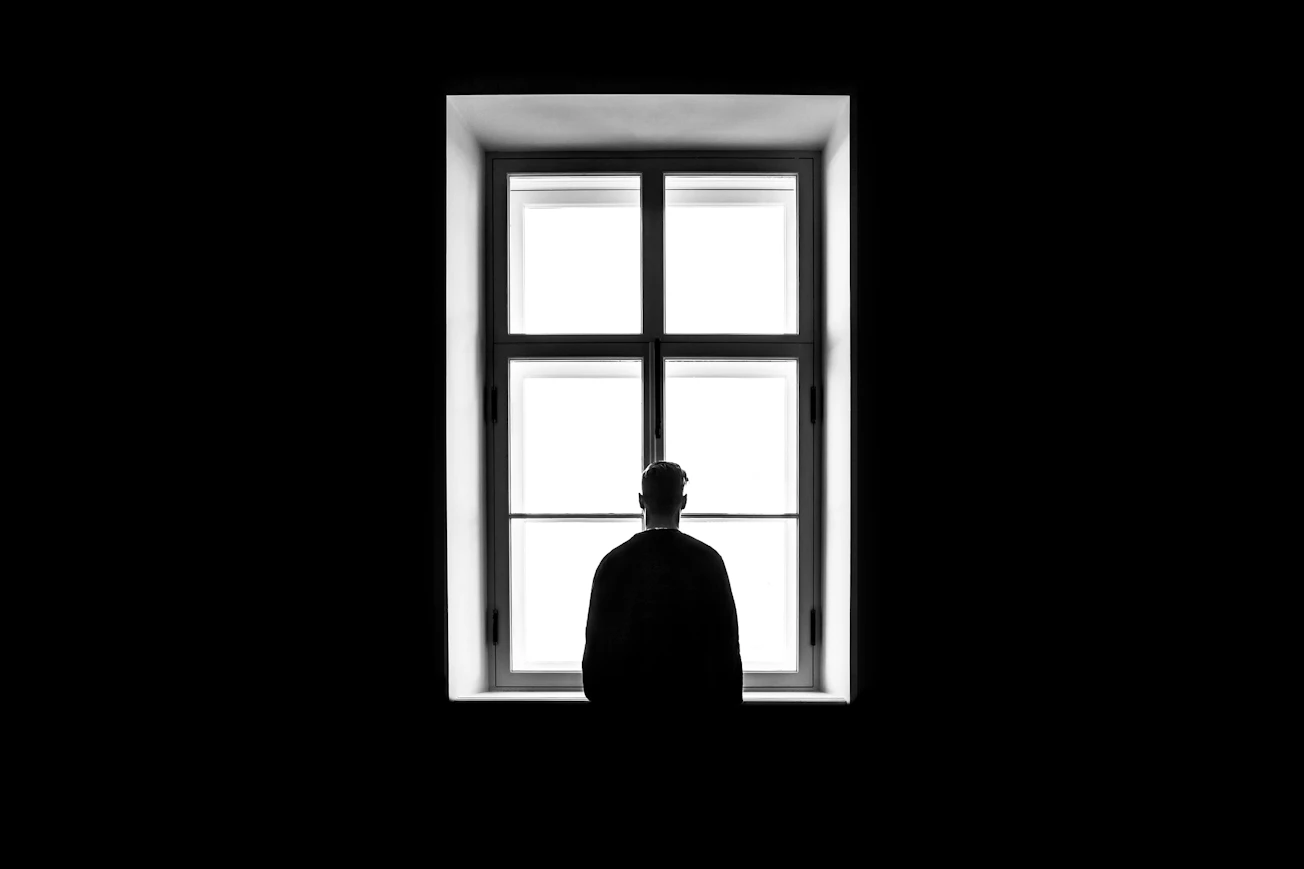Table of Contents
A newspaper column that’s been haunting me came out of southern Kentucky and won’t leave me alone.
The column has turned out to be a popular one, speaking to a lot of people, and being reposted by other outlets. The headline on the version I saw read, “I’m a rural Kentucky editor. This is why I dread writing my weekly column.” The piece by Sharon Burton of the Adair County Community Voice seemed like just another of many insightful pieces dissecting the maladies of today’s public discourse, so I didn’t read past the headline.
But it kept coming up over dinner table conversations and and I started realizing she had diagnosed a condition I suffer from. I haven’t written much lately, and not because of any vague writer’s block, but because of dread.
The fear of everything
My first step after this light bulb went off was to take Lucy Van Pelt’s advice from A Charlie Brown Christmas: “If we can find out what you’re afraid of, then we can label it.”
Charlie Brown, we all remember, decided he suffered from pantophobia, the fear of everything. Mine was more specific. But the internet was not helpful in finding a label for my self-diagnosed fear of hopelessness.
My dread is nowhere near the legitimate and sometimes debilitating fears many people have, but when I finally read Burton’s column she described a scary loss of faith in the ability to have a reasoned public discussion. “The world has become an ugly place for us to exchange ideas,” she wrote. “It breaks my heart every week when I realize that I no longer feel encouraged to share ideas with hope that we can all learn together.”
Why be so mean?
Hope is the basis of writing. You hope that by describing a thought, an event, a personality, and making that public, you might make a connection with someone. Make them think. Maybe change them in some way large or small.
Not these days, says Burton. It’s not people disagreeing with her that bothers her, she writes. It’s how they disagree. “It’s the baseless cynicism and unwillingness to think. … It’s the blind support of viewpoints with no interest whatsoever of exchanging thoughts and ideas.”
And even more than not wanting to think, it’s how we don’t want to think, she writes. “It’s the attacking attitude toward others with a different opinion. … Why be so mean?”
As Charlie Brown yelled when Lucy offered her diagnosis, “That’s it!” I haven’t been writing lately, because, what’s the point? Who will listen in a way they might be changed? Where’s the hope? It’s paralyzing. It’s scary.
There’s a movie about this fear that disturbed my sleep for days: Don’t Look Up. To avoid a spoiler, skip down to the next subhead.
In Don’t Look Up a planet-destroying asteroid is headed for Earth but warnings and avoidance plans run into a worldwide frenzy of high-pitched partisan insanity. As a result, the human race is wiped out (except the uber-rich find a way to take care of themselves, but that’s a whole other moral.)
The hard slog toward decency
Don’t Look Up is most obviously biting satire aimed at global warming denialism. But I found it a broader, frighteningly accurate depiction of how we turn any public issue that needs a solution, policy refinement, or even just clear-headed discussion, into a vicious, blathering hellscape of ridicule, blame, and imagined motives. Why would I want to write anything into that bizzarosphere?
There are signs of hope.
Our social divides are widely recognized and regularly commented on in the popular media. While out walking the dog this morning I waved at several neighbors – happy, decent-seeming people and I have no idea of their political or social views. Our household’s favorite newscaster Judy Woodruff just retired as anchor of the PBS NewsHour, announcing a two-year project on Americans’ political divisions and whether they can be healed.
Along with that hopefulness, however, it’s also scary to think a project like Woodruff’s will take two years, and then there’s that question of “whether” the splits can be healed at all.

I’ve read and heard a lot of commentary on our civil meanness. One common theme is a hope that “the fever will break” and we’ll start being nice to each other again
I don’t think it will break. There’s no likely quick fix to such deep and wide divisiveness.
But bear with me here as I circle around to my point. A solution came to mind as I read a story in The Washington Post this holiday season about how the 1987 album, A Very Special Christmas, changed the way we listen to the music of the season. I remember when it came out. It was stunning – Madonna scandalously reviving Santa Baby; Run-DMC bringing hip-hop out of the underground with Christmas in Hollis; Bruce Springsteen and the E Street Band, whom no one would ever think of as doing Christmas music, with Merry Christmas Baby.
The narrative told by The Post, and I’m getting to my point here, is that this groundbreaking album was the result of passion and incredibly hard work. Not just long hours, but deep, creative thinking. It was the result of caring about making something great.
The way out of our divisiveness is through work, doing what we all do best. Talking to people if that’s our skill. Organizing. Voting or running for office. Writing. Don’t give up on reason, logic, facts, and real research. Keep explaining – with kindness and decency.
While Sharon Burton’s column was reposted with headlines about how as a rural editor she dreaded writing her column, the headline she chose for her own site is “Free to be Wrong.” It’s a title that speaks profoundly to the point, and yes, the hopefulness, of writing.
So thank you Sharon, for the wakeup call – my writer’s New Year’s Resolution is that I’ll get back to work. As Lucy told Charlie Brown, “The mere fact that you realize you need help, indicates that you are not too far gone.”
--30--







